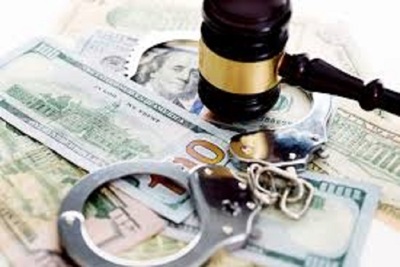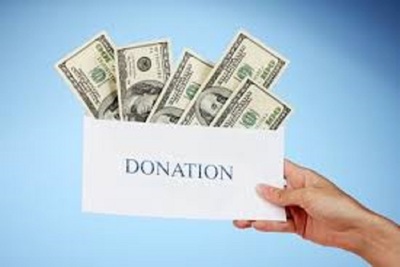American Insurance Association issued the following announcement on June 26.
As the COVID-19 pandemic continues and the threat of natural catastrophes looms, individuals, families, and businesses should take time to conduct an insurance check-up to ensure they are prepared, according to the American Property Casualty Insurance Association (APCIA) and the Federal Emergency Management Agency (FEMA).
June 28 is National Insurance Awareness Day, an important reminder – now more than ever – of the need to review policies and be sure of coverage.
“Insurers understand these are particularly challenging times. If you are going through extraordinary life circumstances and are concerned about being able to pay for your insurance, contact your insurer to discuss options available to you,” said David A. Sampson, president and CEO of APCIA.
Many home, auto, and business insurers are voluntarily offering policyholder relief arrangements for refunds and discounts, providing flexible payment solutions, waiving insurance premium late fees, and pausing cancellation of coverage.
Homeowners should also evaluate their flood risk. Even if your home is outside of a designated flood risk zone, you could still be susceptible to flooding.
“Just one inch of water can cause upwards of $25,000 worth of damage to your home,” said Paul Huang, Assistant Administrator for Federal Insurance at FEMA. “Flood damage is not covered under a standard homeowner’s policy, so it is important to maintain the policy, and if you are not already insured, seriously consider purchasing a policy through the National Flood Insurance Program or the private market now.”
Protect Your Home
A home is often an individual’s biggest asset. Having the right amount of insurance coverage helps individuals and families financially recover quicker if their home is damaged or destroyed in a natural disaster. It’s important to remember that homeowners or renters insurance doesn’t typically cover flood damage. Homeowners should call their insurer or insurance agent to review their policy.
APCIA offers the following tips:
· Ask if your policy pays replacement cost or actual cash value. Actual cash value takes depreciation into account, and replacement cost is the amount necessary to rebuild the home with construction materials of like kind and quality.
· Ask if your policy covers extended replacement cost, which helps cover additional costs to rebuild your home if building costs skyrocket.
· Ask if your policy includes coverage for building code upgrades and annual inflation adjustment.
· Check to see if your policy reflects the correct square footage, number of bedrooms/bathrooms and doors and windows, and your home’s finishes, like granite countertops or hard-wood floors.
· Check to see that your policy accounts for any recent home improvements or remodels.
Protect Your Business
Business interruption insurance is designed to help business owners in the event of property damage during a natural catastrophe. Preparedness, combined with business interruption insurance, will help to minimize the impact or loss if a natural disaster strikes.
APCIA recommends business owners take the following steps:
· Call your insurance agent, broker, or company to review your policy.
· Make sure your business interruption insurance coverage is up to date.
· Ask your insurer if there are any free tools, resources, and consultations available to help you reduce risk and minimize loss exposure.
Protect Your Vehicle
As an increasing number of storms bring record rainfall, it is critically important to be sure to have the right insurance coverage if a vehicle is flooded. Flood damage to a vehicle falls under the comprehensive coverage of an automobile policy. Flood victims can get financial relief for their cars, but only if their auto policy has comprehensive coverage. An auto policy’s comprehensive insurance coverage also covers things like accidents with animals, if the vehicle is stolen, and damage is caused by other weather events such as hail.
Original source can be found here.










 Alerts Sign-up
Alerts Sign-up